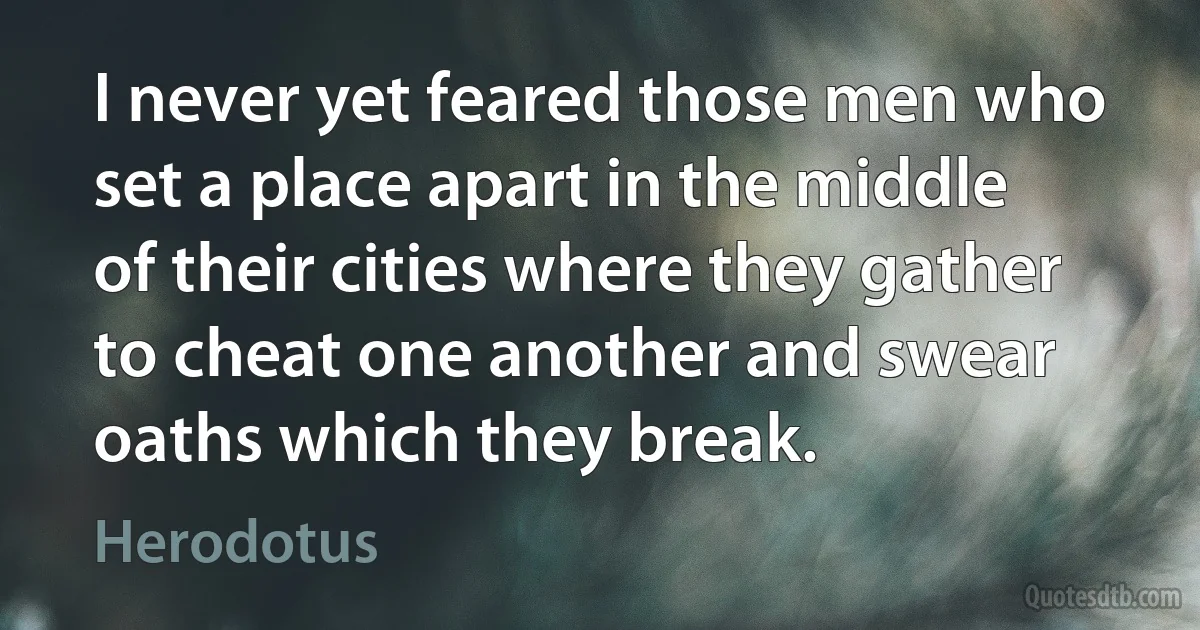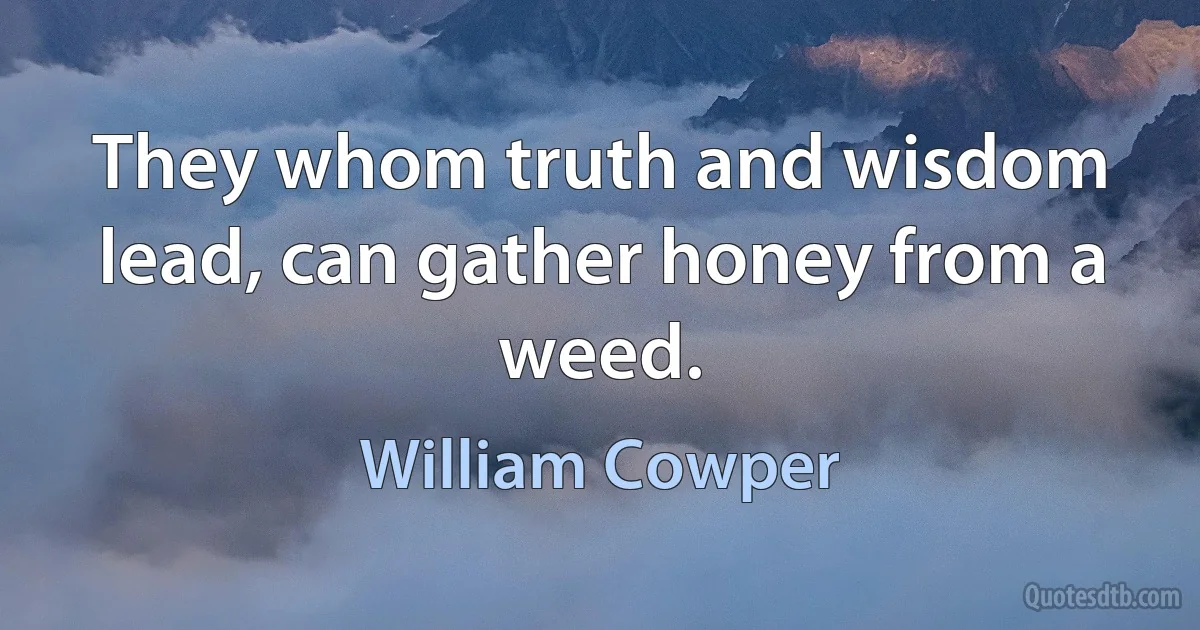Gather Quotes - page 6
Yea, so far forth I saw, that our Lord joyeth of the tribulations of His servants, with ruth and compassion. On each person that He loveth, to His bliss for to bring, He layeth something that is no blame in His sight, whereby they are blamed and despised in this world, scorned, mocked, and outcasted. And this He doeth for to hinder the harm that they should take from the pomp and the vain-glory of this wretched life, and make their way ready to come to Heaven, and up-raise them in His bliss everlasting. For He saith: I shall wholly break you of your vain affections and your vicious pride; and after that I shall together gather you, and make you mild and meek, clean and holy, by oneing to me.

Julian of Norwich
Khizr Khan, the Muslim "Gold Star Father" who harangued Americans at the Democratic National Convention, with a mute, hijab-wearing wife at his side, is just another in a long string of human shields liberals send out to defend their heinous policies. ... Does anyone know what Khan thinks of gays? How about miniskirts? Alcohol? Because I gather we're going to have to turn all our policies over to him, too. What have you sacrificed, Barney Frank??

Ann Coulter
What is the course of the life
Of mortal men on the earth?-
Most men eddy about
Here and there-eat and drink,
Chatter and love and hate,
Gather and squander, are raised
Aloft, are hurl'd in the dust,
Striving blindly, achieving
Nothing; and, then they die-
Perish; and no one asks
Who or what they have been,
More than he asks what waves
In the moonlit solitudes mild
Of the midmost Ocean, have swell'd,
Foam'd for a moment, and gone.

Matthew Arnold
It was not until 1869 that I met him Manet again, but this time, we became friends immediately. From the first meeting, he invited me to join him every evening in a café of the 'Batignolles' where he and his friends would gather to talk at the end of a day spent at their studios. I would meet there, Fantin-Latour and Cézanne, Degas - who arrived shortly afterwards from Italy, the art critic Duranty, Emile Zola who was just starting-off in the literary world and a number of others. I would take Sisley, Bazille and Renoir. There was nothing more interesting than these discussions with their perpetual differences of opinion. Our mind and souls were stimulated.. .One would always leave, all the better immersed, the will stronger, our thinking more defined and clear.

Claude Monet
Tomorrow, millions of people will gather with loved ones across Canada and around the world to mark the Christmas holiday.
On this day, Christians reflect on their faith and celebrate the birth of Jesus Christ. This occasion inspires families and communities to come together, share what they have, and give back to those less fortunate.
May we take this time to reflect on our many blessings, and remind our loved ones how much they mean to us.
On behalf of the Liberal Party of Canada and our entire Liberal Caucus, Sophie and I wish you all a most joyous holiday season. From my family to yours: merry Christmas.

Justin Trudeau
One cannot assert authority by accepting one's own fallibility. Simply, people need to be blinded by knowledge - we are made to follow leaders who can gather people together because the advantages of being in groups trump the disadvantages of being alone. It has been more profitable for us to bind together in the wrong direction than to be alone in the right one. Those who have followed the assertive idiot rather than the introspective wise person have passed us some of their genes. This is apparent from a social pathology: psychopaths rally followers.

Nassim Nicholas Taleb
The use of plants is all our life long of that universal importance and concern that we can neither live nor subsist with any decency and convenience, or be said, indeed, to live at all without them. Whatsoever food is necessary to sustain us, whatsoever conteibutes to delight and refresh us, is supplied and brought forth out of that plentiful and abundant store. And ah! how much more innocent, sweet, and healthful is a table covered with those than with all the reeking flesh of butchered and slaughtered animals. Certainly man by nature was never made to be a carnivorous animal, nor is he armed at all for prey and rapine, with jagged and pointed teeth and crooked claws sharpened to rend and tear, but with gentle hands to gather fruit and vegetables, and with teeth to chew and eat them.

John Ray



